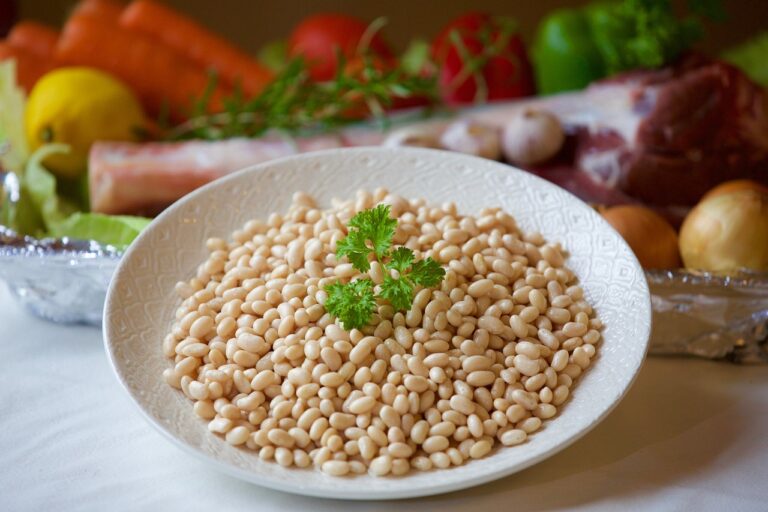Immunological Strategies for Cricket Team Building: Cricbet99.win register, Sky 99 exch, Reddy book club
cricbet99.win register, sky 99 exch, reddy book club: Cricket, like any team sport, relies on the synergy and cohesion of its players to achieve success on the field. While traditional team-building strategies such as practice drills, team bonding activities, and strategic planning are essential, there is another factor that can greatly impact a team’s performance the immune system.
In recent years, there has been a growing body of research on the relationship between immune function and athletic performance. It has been suggested that a strong immune system can improve recovery times, reduce the risk of injuries, and enhance overall physical and mental well-being. With this in mind, incorporating immunological strategies into cricket team building can help players stay healthy and perform at their best throughout the season.
1. Understanding the Immune System: Before diving into specific strategies, it’s important to have a basic understanding of how the immune system works. The immune system is a complex network of cells, tissues, and organs that work together to protect the body from harmful pathogens such as bacteria, viruses, and parasites. A strong immune system is essential for maintaining overall health and well-being.
2. Nutrition and Immunity: One of the most effective ways to support the immune system is through proper nutrition. A diet rich in fruits, vegetables, whole grains, lean proteins, and healthy fats can provide the essential nutrients needed to support immune function. Additionally, staying hydrated and avoiding processed foods and excess sugar can help maintain a healthy immune system.
3. Supplementation: In addition to a healthy diet, certain supplements can help boost immune function. Vitamin C, vitamin D, zinc, and probiotics are all known to have immune-boosting properties. Consult with a healthcare professional to determine which supplements may be beneficial for you.
4. Rest and Recovery: Adequate rest and recovery are essential for optimal immune function. Sleep is when the body repairs and regenerates cells, including immune cells. Aim for 7-9 hours of quality sleep per night to support immune health. Additionally, incorporating rest days into training schedules can help prevent overtraining and reduce the risk of immune suppression.
5. Stress Management: Chronic stress can weaken the immune system, making individuals more susceptible to illness and infection. Incorporating stress-relieving activities such as meditation, yoga, deep breathing exercises, or mindfulness practices can help support immune function. Encouraging players to take care of their mental health can have a positive impact on their overall well-being.
6. Hygiene Practices: Good hygiene practices are essential for preventing the spread of illness within a team. Encourage players to wash their hands regularly, avoid sharing water bottles or towels, and sanitize equipment after each use. Implementing these simple practices can help reduce the risk of infections spreading throughout the team.
FAQs:
1. Can I boost my immune system through exercise?
Regular exercise can help support immune function by promoting circulation, reducing inflammation, and improving overall health. However, it’s important to strike a balance between exercise and rest to prevent immune suppression.
2. How can I tell if my immune system is weak?
Common signs of a weakened immune system include frequent illnesses, slow wound healing, fatigue, and digestive issues. Consult with a healthcare professional if you suspect your immune system may be compromised.
3. Are there any specific foods that can boost immunity?
Foods rich in antioxidants such as berries, dark leafy greens, and nuts can help support immune function. Additionally, foods high in vitamin C, vitamin D, zinc, and probiotics can also provide immune-boosting benefits.
By incorporating these immunological strategies into cricket team building, players can stay healthy, perform at their best, and achieve success on the field. Prioritizing immune health can have far-reaching benefits for both individual players and the team as a whole. Remember, a strong immune system is the foundation for optimal athletic performance.







